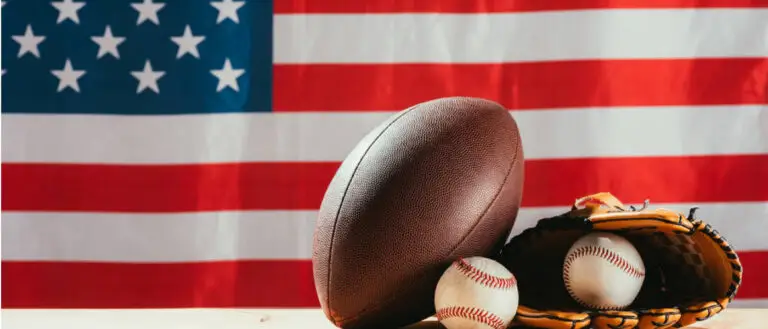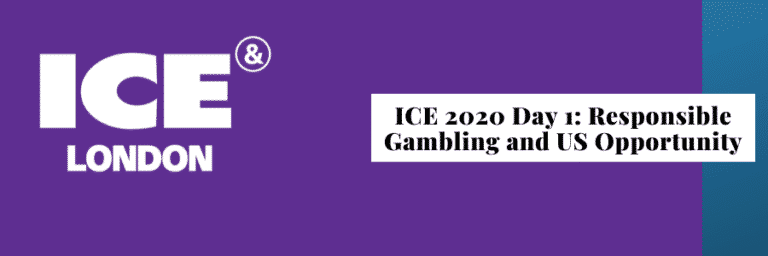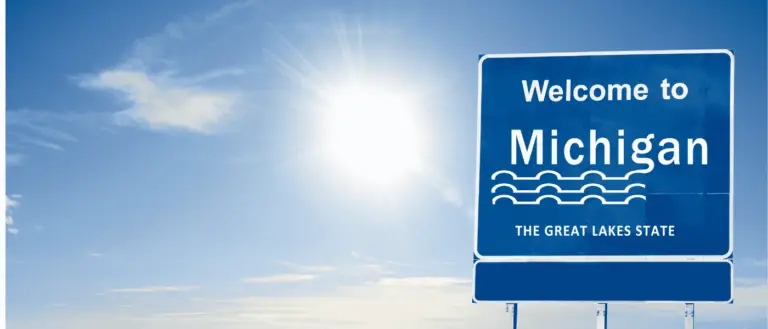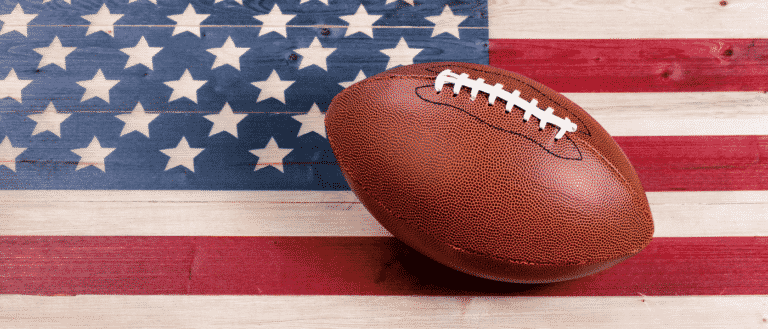Political Betting Is A Big Market, Just Not In The US

The history of electoral betting in the US long predates the repeal of PASPA. In fact, you have to go back to the late ‘80s and the evolution of what started as a political science experiment: the Iowa Electronic Markets.
The IEM isn’t quite betting as we know it – it expresses confidence in an electoral outcome via traded contracts. But the Iowa markets have a reputation for calling elections right – something that the pollsters seem to be struggling with right now.
That was certainly the case for those following the election events last week. Once the polls were closed it appeared that it was the political betting markets that not only had correctly calculated the closeness of the election but were also the markets to watch if you wanted to know how the fortunes of the Presidential candidates waxed and waned as the counting spread over the next three days or more.
If he was looking at a site like PredictIt or BetFair for any indications, President Trump could see his fate by looking at the now $780m-plus Betfair market from last Wednesday onwards.
“Betting markets certainly projected a much closer contest, with the odds-implied percentages on election day shaping up as 65%-35% in Joe Biden’s favor,” says Pete Watt, US point man for Oddschecker.
“This is in stark contrast to the likes of Nate Silver’s FiveThirtyEight model, which gave Biden an 88% chance of winning on 3rd November, while The Economist in the UK gave the former VP a staggering 96% chance.”
Political Betting Outside The USA
The history of political betting outside the US stretches back much further than the IEM in the ‘80s and, indeed, way before betting exchanges became a thing.
As David Carruthers, ex-chief executive (and how) of an offshore bookie from another time, BETonSPORTS and a former executive at Ladbrokes in the UK, points out. Electoral betting was first a thing in the early 1960s when legendary oddsmaker Ron Pollard, , made up a book on who would be the next Conservative party leader after the resignation of Harold MacMillan.
The winner, Sir Alex-Douglas Home, was the 16-1 outsider in the ‘Tory Leadership Stakes’. The next year, political betting was fully established when ‘The Magic Sign’ ran a book on the outcome of the UK’s 1964 General Election.
As Carruthers says about the history of political betting on both sides of the Atlantic, betting markets are “just an alternative barometer” of any given event, whether that is the Presidential run-off or the chances of the Jets winning a game this season.
“Sometimes bettors simply bet on a misreading of a situation,” he adds. “I’m sure some people bet Trump thinking his early lead was reflective of the vote when actually it was only reflective of the early counting.”
“But betting is all about opinions, and politics are all opinions,” Carruthers concludes.
Will Political Betting In The USA Be Legalized?
A more challenging question than calling the election, perhaps, is whether US regulators will ever accept political betting as it is understood in the UK.
Matias Dorta, an analyst with Roundhill Investments, which runs the BETZ ETF, suggests the amount of money seen by Betfair this year “shows there is user demand.”
“The next step is what can these operators do to enhance the experience for the next big US election in 2024,” he adds. “And now that the cat is out of the bag, and it is clear this market is growing at an accelerated space, what can these operators do to steal market share and make sure that they have the bets election market for the next big election?”
In order to do this, they would have to start with the regulators. “There is no doubt that Americans would take to the opportunity to bet on their political events, but it certainly seems to be a risqué area for regulators,” says Watt.
“It seems that there are some concerns in the states over the influence that betting odds could have on voter turnout i.e. if a potential voter sees their candidate as a huge underdog with bookmakers, they may be dissuaded from casting their ballot, deeming it pointless,” he adds.
Given where we are right now with the US elections, it seems unlikely a move to allow political betting would gain any momentum, particularly given the controversies that currently surround the outcome from last week. The wild swings in sentiment seen in the political betting markets in the wake of Tuesday’s vote might also count against the idea of giving political betting the official seal of approval.
Says Watt: “There are fears of events like these can be open to betting manipulation and ‘insider trading,’ fears which we are currently seeing limiting certain markets in the legal sports betting industry.”
With allegations of voter manipulation being levied, now might not be the smartest time to bring that one up. If anyone wants to bet on the outcome of the next Presidential election, it seems likely they will need to continue to pursue their interest away from the US. At least for now.
Scott Longley has been a journalist since the early noughties covering personal finance, sport and the gambling industry. He has worked for a number of publications including Investor’s Week, Bloomberg Money, Football First, EGR and GamblingCompliance.com. He now writes for online and print titles across a wide range of sectors.







